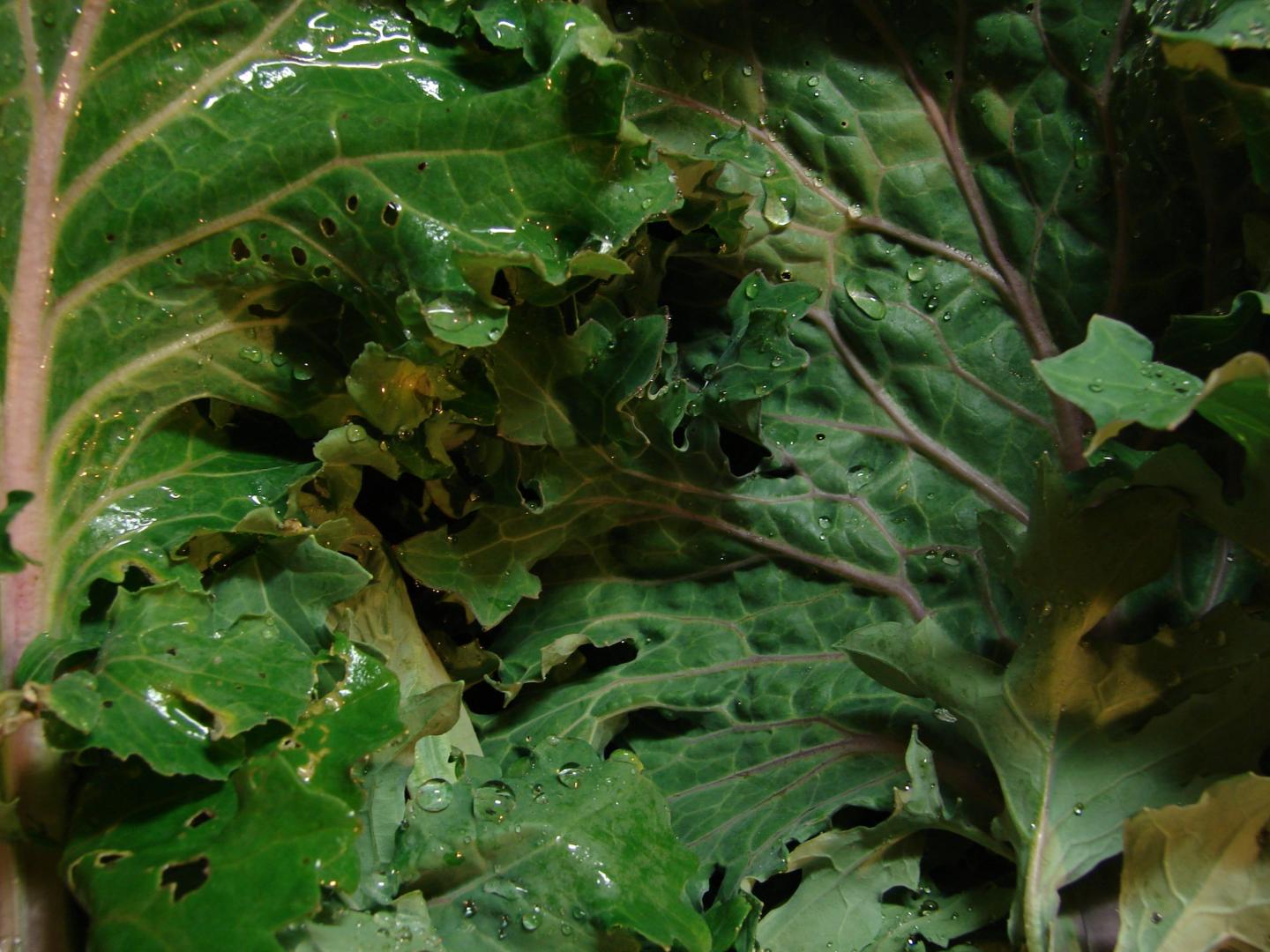Genetic testing developed by MU scientists could aid in developing new and healthier diets

Credit: University of Missouri
Human genetic testing has evolved over the recent decades, allowing people to find their ancestors and even determine specific percentages of their heritage. Much like the advances in human genetic testing recently popularized by commercial organizations have allowed people to gain a better understanding of their ancestry, scientists are now a step closer to determining a genetic family tree for vegetables by linking biology with computer science.
“Domestication of plants — the process of adapting wild plants for human use — happened a long time ago before we knew about genetics,” said Makenzie Mabry, a doctoral student of biological sciences. “Initially in wild plants there is a big pool of genes, and domestication only uses a few of those genes. Therefore, we often miss out on other possible genes that may be better than the current ones. By identifying the ancestors of our domesticated plants, we can take the evolutionary jump and go back in time to determine the genes that weren’t initially selected in domestication — genes that could lead to more healthy or more nutritious plants or plants adapted to different climates — and add those back into our current domesticated plants.”
In the new study, a team of multi-institution scientists led by the University of Missouri challenged prior theories of the origins of three vegetables — canola, rutabaga and Siberian kale — by mapping the genetic family tree of these leafy greens.
The scientists ground up leaves from each plant, added a liquid chemical and placed the mixture in test tubes. Next, they analyzed the RNA and DNA in each plant with the help of computer science. In addition, they grew one of the plants, and independently verified the origin discovered in the test tubes.
“Using an analogy, some of our human genetic history comes from both our mom and dad, but other parts only come from our mom,” said J. Chris Pires, a professor of biological sciences in the College of Arts and Science and investigator in the Christopher S. Bond Life Sciences Center. “Here we are trying to determine the parents of these plants, and we found that it’s not the previously hypothesized mom nor dad, it’s some yet to be identified species.”
With a recent grant from National Geographic, the team of scientists hopes to continue collecting data throughout the world to broaden their knowledge of this family tree to confidently identify the relatives of the parental species.
“Many people focus solely on the history of animals and people,” said Hong An, a postdoctoral fellow of biological sciences. “But it’s equally, if not more important, to also know the history of our food.”
###
The study, “Transcriptome and organellar sequencing highlights the complex origin and diversification of allotetraploid Brassica napus,” was published in Nature Communications. Funding was provided by a grant from the National Science Foundation (IOS-1339156) and the Fundamental Research Funds for the Central Universities (2662016PY063). The content is solely the responsibility of the authors and does not necessarily represent the official views of the funding agencies. Other authors on this study include Michael S. Barker and Xinshuai Qi of the University of Arizona; Alex McAlvay of Cornell University, Michelle Gaynor of the University of Central Florida; Gavin Conant and Yue Hao of North Carolina State University; Sarah Gebken of the University of Missouri; Graham Teakle of University of Warwick, and Tingdong Fu and Bin Yi of Huazhong Agricultural University in Wuhan, China.
Media Contact
Eric Stann
[email protected]
Original Source
https:/



